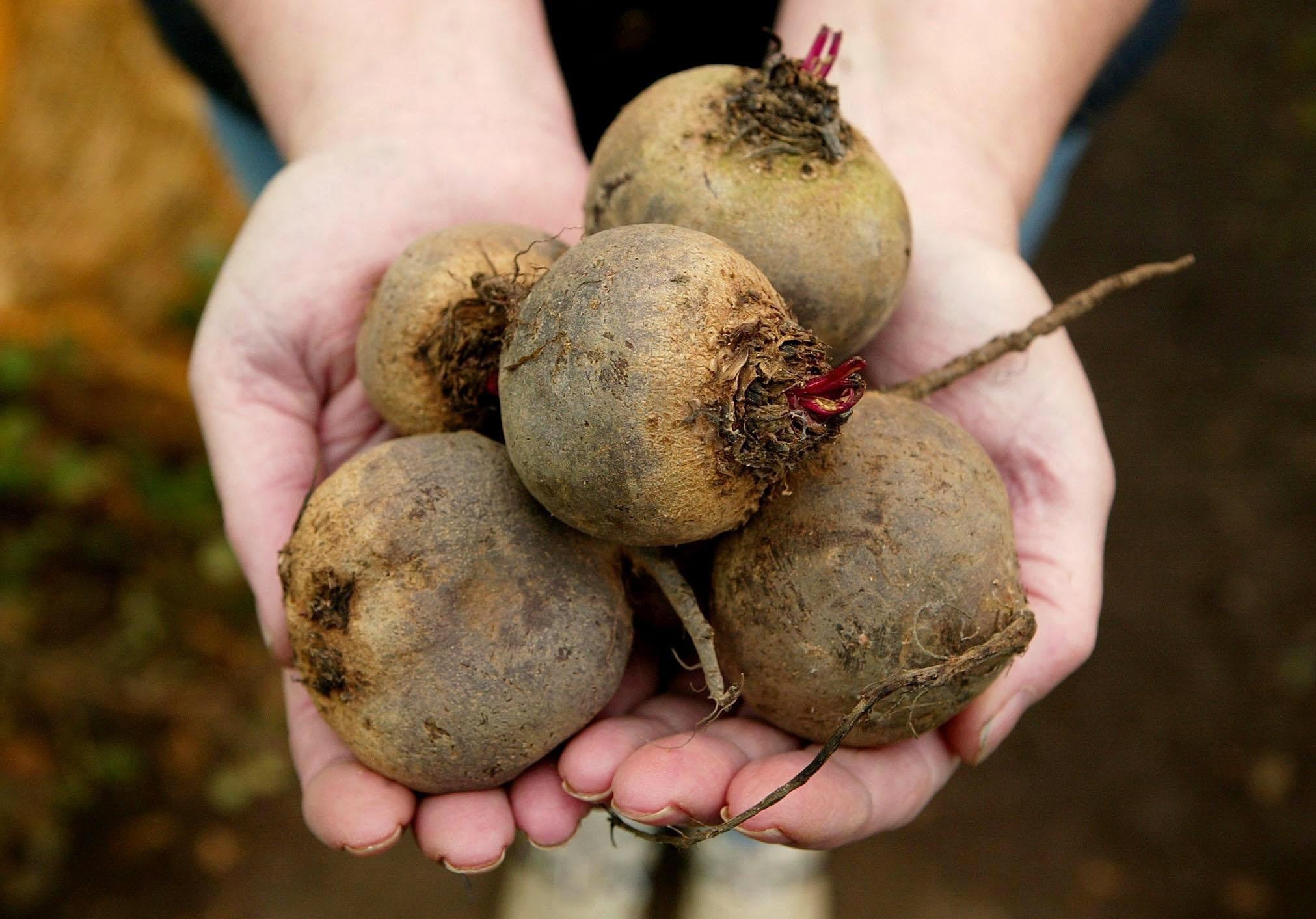Scientists to study if beetroot can help people with type 2 diabetes burn fat
Research using animals has previously shown that nitrates can turn white fat storage cells into brown fat cells which are easier to burn off.

Scientists are launching a new study to see if drinking beetroot juice can help people with type 2 diabetes burn fat more efficiently.
Research using animals has previously shown that nitrates can turn white fat storage cells into brown fat cells which are easier to burn off.
But now a team from the University of Portsmouth and Bournemouth University will looking at the effects of drinking nitrate-rich beetroot juice on humans.
If we can assess the effect of nitrates on brown fat activity in humans, we’re a step closer to understanding the impact of nutrition on health and disease
They are currently looking to recruit volunteers with type 2 diabetes, a chronic condition which stops the body regulating blood sugar levels.
Dr Ant Shepherd, from the University of Portsmouth’s School of Sport, Health and Exercise Science, said: “People and most other mammals have two types of fat cells – white fat cells store energy and brown fat cells burn that energy to produce heat.
“Brown fat is much easier to burn so we want to see if nitrates can help turn white fat into brown fat, which in turn might help people burn more calories.
“Imaging brown fat is particularly difficult, but if we can assess the effect of nitrates on brown fat activity in humans, we’re a step closer to understanding the impact of nutrition on health and disease.”
Participants in the trial will be asked to drink half a glass juice every day for two separate periods of 14 days.
For one period this will be beetroot juice, for the other it will be a placebo that tastes the same.
After each two-week period, they will visit Bournemouth University’s research facilities for an MRI scan to see how much brown fat is in their bodies.
If this trial is successful, it could pave the way for larger studies into how this novel approach could help patients manage their disease and save the NHS money
The researchers will also use a thermal imaging camera to see how active that brown fat is. Participants will be required to provide blood samples for analysis in a laboratory.
Dr Rebecca Neal, at Bournemouth University, said: “We’re hoping that this research could show that consuming nitrates will lead to small amounts of weight loss and improved type 2 diabetes outcomes over time.”
According to Diabetes UK, more than 4.9 million people in the UK have the condition and treatment costs the NHS £10 billion a year with these numbers expected to keep increasing.
Dr Neal added: “If this trial is successful, it could pave the way for larger studies into how this novel approach could help patients manage their disease and save the NHS money.
“Our hope is to show that beetroot juice could be a low-cost, non-invasive alternative to drug treatment, leading to a better quality of life for people with type 2 diabetes.”
Bookmark popover
Removed from bookmarks